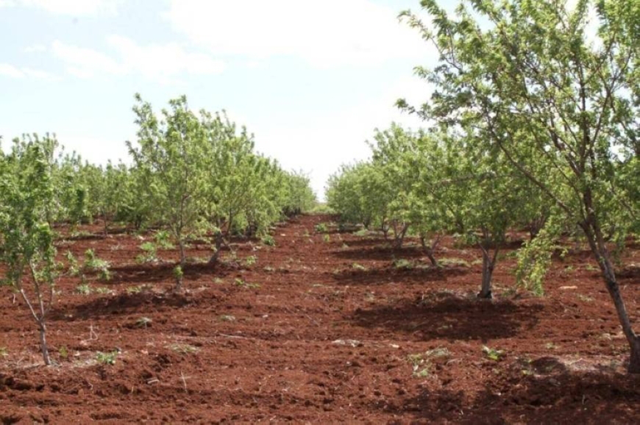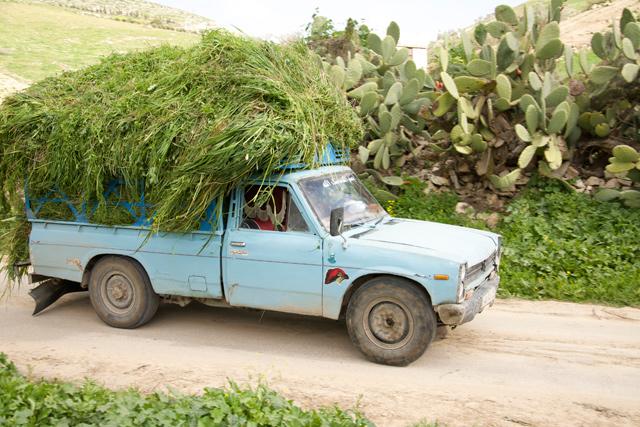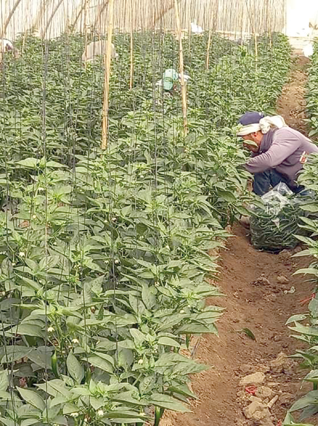You are here
As rains fail, farmers in Irbid begin uprooting winter crops, threatening food prices for Ramadan
By Maria Weldali - Jan 25,2025 - Last updated at Jan 25,2025

As rain fails, farmers in the northern city of Irbid say they started uprooting their crops in the hope of replanting should rains start in earnest (File photo)
AMMAN — As wet season has brought no enough rains so far, farmers in Irbid said they have been pushed farmers to a breaking point, forcing them to uproot their winter crops due to poor growth and low yields.
Fields that should be teeming with produce are now barren, leaving thousands of families who depend on agriculture for their livelihoods in a dire situation.
The crisis, further exacerbated by climate change, has disrupted local food production, threatening to drive up prices of essential Ramadan staples and adding to the financial strain on families as the holy month nears, according to local farmers.
In an effort to recover some of their losses, many farmers in Irbid are preparing their land for fertilisation and replanting summer crops, hoping for rainfall in the coming weeks.
Essa Obeidat, a farmer from Irbid, told The Jordan Times, "Key winter crops in the region, such as spinach, wild herbs, and cauliflower, have suffered severely, with farmers reporting stunted growth and widespread crop diseases."
"Winter crops have traditionally been a lifeline for families in Irbid. They are rain-fed, low-cost, and an essential source of income during the colder months, helping families cover heating and other winter expenses. This year, however, the lack of rainfall has left many households struggling to meet their financial needs."
Similarly, Um Tareq, who owns a production kitchen, explained the ripple effect on small businesses.
"Our kitchens, which rely heavily on winter crops to prepare Ramadan essentials like pickles and frozen vegetables, have been severely impacted. With the shortage of raw materials and rising costs, we're facing significant price increases during the holy month."
As farmers and local businesses grapple with this crisis, the broader economic impact of the drought continues to unfold, with higher prices on the horizon for essential food items.
Related Articles
AMMAN — As Jordan braces for the peak of its winter season, the Ministry of Agriculture has implemented precautionary measures to help farme
AMMAN — The rainy season, despite its late arrival, has largely benefitted farmers, President of the General Union of Jordanian Farmers Odeh
AMMAN — Farmers are welcoming the late arrival of rain which has affected most regions across the Kingdom, during the past few days. Pr

















